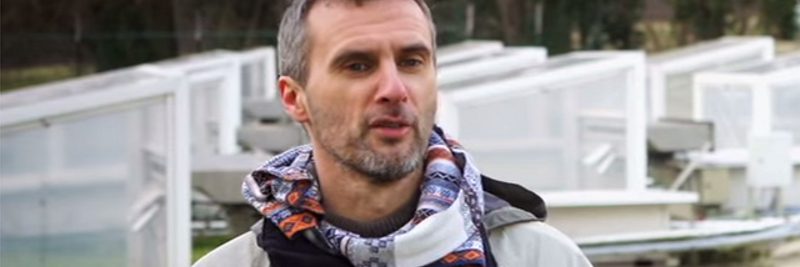The resources that we need for the modern life fall into two basic categories: renewable and non-renewable. Non-renewable resources would be items like petroleum and coal. Renewable resources would be things like hydropower or solar collection. There are some clear benefits to using renewable resources, but there are some disadvantages to them as well. Let’s take a look.
The Pros of Renewable Resources
1. They limit greenhouse emissions.
Although there is a fossil fuel cost in their initial creation, renewable resources are able to continue their output long after they’ve been created. This reduces the net initial cost per year to a fraction of what is traditionally consumed.
2. They can continue to be grown.
Some renewable resources, such as corn or grass, are used for fuel. These can be grown season after season so that conventional fueling resources don’t need to be used. With the seasonal changes of the planet, there is always a growing season happening somewhere. This means supplies can be consistent as long as there is some coordination.
3. It creates new industries.
The solar industry, ethanol industry, and a number of other businesses have renewable resources to thank for their existence. These means people have jobs that support their families and communities because of them as well.
The Cons of Renewable Resources
1. They are expensive.
Using renewable resources is more costly than other resources simply because of the levels of technology development. Fossil fuels have been used for more than a century. Renewable resources have only been used for half that time or less. This means the technologies are more expensive than other options.
2. They can be location specific.
Some renewable resources can only be developed in specific spots. Tidal energy, for example, wouldn’t be very effective in a place like Kansas. This limits production levels and makes it difficult for consistent implementation because not every location can access every type of renewable resource.
3. They are not always as efficient.
For solar power, once the storage battery is filled, then any other power that is generated is either wasted or goes into the connected grid. This means those who are off the grid are not efficiently collecting their resources because the technology hasn’t been developed yet to do so.
Crystal Lombardo is a contributing editor for Vision Launch. Crystal is a seasoned writer and researcher with over 10 years of experience. She has been an editor of three popular blogs that each have had over 500,000 monthly readers.


















